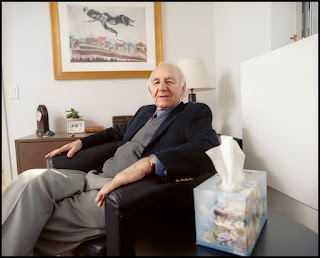Research Blog #8: Case

I believe that one of my strongest cases is the case about anxiety I wrote about in my literature review 4, but I wanted to introduce a new case that can also represent my research paper well. In order to demonstrate how the unconscious mind is powerful, I present a case that deals with how the unconscious plays a role in daydreams, déjà vu experiences, and anxiety. To set the scene, the patient in this case had experienced strange things in his life involving weird encounters with his parents. He also worked at a company, so one day he went to complain to the treasurer of the company about how his salary check has been unreasonably delayed. This complaint was a serious matter so it required a meeting. As he was sitting outside the office waiting and talking to the treasurer’s assistant (who he was attracted to), he looked out the window and observed the landscaped lawns, the patient felt familiar with the view, but all of a sudden a wave of unfamiliarity struck him making him believe as if he had never been there before. He stated that he had “seen all of this before” and had “been through all of this before” (Reed). The combination of déjà vu and an “unpleasant affective state” regarding his parents helped create this experience. The familiarity the patient had experienced “made the ‘false’ judgment about déjà vu seem all the more mystifying” (Reed). His feelings of déjà vu were connected with a defense against an anxiety experience regarding his parents and was stimulated by talking to the secretary. This can be related to Freud’s first theory on anxiety which suggests that anxiety is pathological and the result of extreme sexual frustration. The secretary triggered some sort of anxiety in the patient which then resulted in an experience of déjà vu. This experience can also explain that one’s daydream, even if it is not conscious, “the function of reality testing may be interfered with by the fantasy. Again, if only a fragment of an unconscious fantasy becomes conscious, that fragment may not come from the derivative of an id wish” (Reed).
Reed, Gail S. “Unconscious Fantasy in Context: The Work of Jacob A. Arlow.” International Journal of Psychoanalysis, vol. 98, no. 3, Routledge, 2017, pp. 821–30, doi:10.1111/1745-8315.12584.

Comments
Post a Comment